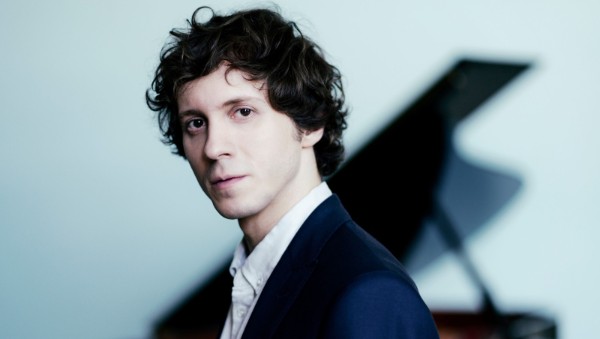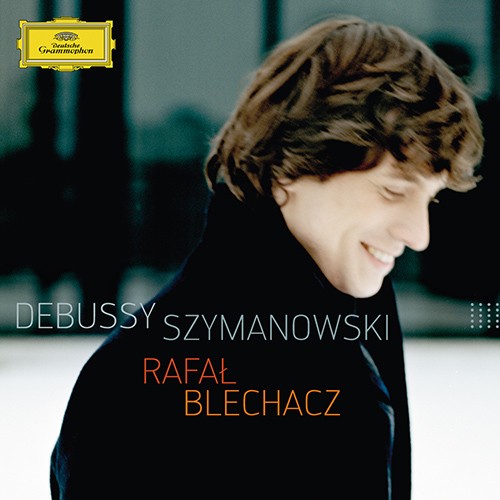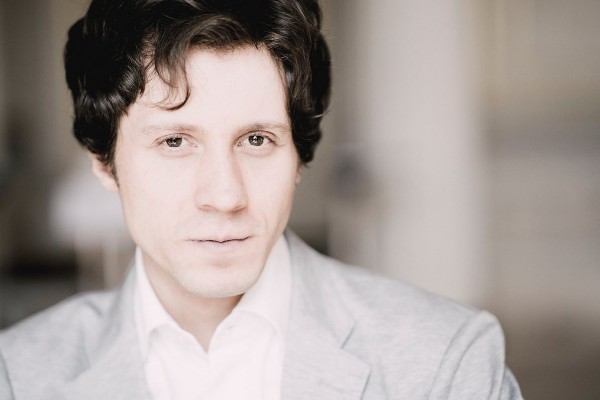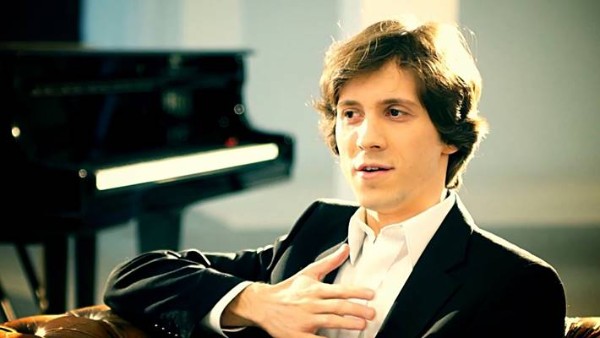Rafał Blechacz, the distinguished Polish pianist, has garnered international acclaim since his remarkable triumph at the 2005 Chopin International Piano Competition. At the age of 20, his victory showcased not only impeccable technical mastery but also a profound sensitivity to Chopin’s lyrical and expressive depths, establishing him as a leading interpreter of the composer’s works.

Rafał Blechacz
Born on 30 June 1985, Blechacz brings a thoughtful and nuanced approach to a diverse repertoire, spanning from Mozart and Bach to Beethoven, Schumann, and beyond. His performances, whether in intimate recitals or major concert halls, are marked by a seamless blend of intellectual clarity and emotional resonance.
On the occasion of his birthday on 30 June, let’s feature some of his most iconic performances and recordings.
Rafał Blechacz Performs Chopin’s Polonaise No. 6 in A-flat Major, Op. 53
A Sonata Reborn

Unmarred by the work’s labyrinthine structure, Rafał Blechacz’s recording of Karol Szymanowski’s Piano Sonata in C minor, Op. 8, emerges as a revelation. Critics consistently praised his recording for transcending what can feel like a mere assemblage of ideas into a cohesive, compelling argument.
Blechacz showcases extraordinary tonal control and architectural awareness throughout. As the reviewer from The Guardian wrote, “he handles the great extremes of dynamic and texture with exceptional clarity.”
Blechacz’s interpretation has been called “an intelligent vision” achieved by the precision of his voicing, marrying technical command with expressive insight. As such, he transformed a rarely performed early 20th-century work into a profoundly engaging experience.
Karol Szymanowski: Piano Sonata No. 1 in C minor, Op. 8 (Rafał Blechacz, piano)
Grace meets Structure

Rafał Blechacz
Rafał Blechacz’s interpretation of Debussy’s Pour le piano has been widely celebrated for its graceful balance between refinement and structural precision. Critics have remarked on how he approaches Debussy’s textures not with haze, but with clarity and direction.
His control of colour and articulation draws attention to the suite’s architecture, particularly in the Sarabande, which he renders with “dignified restraint and haunting simplicity,” allowing its harmonic richness to speak without excess sentimentality.
Blechacz turns Pour le piano into a compelling statement, not just of pianistic polish, but of interpretive depth. By highlighting both the elegance and rigour in Debussy’s early masterwork, Blechacz reaffirms its place as a cornerstone of modern piano literature.
Rafał Blechacz Performs Debussy’s Pour le piano, “Sarabande”
Vivacious Precision

Rafał Blechacz
Rafał Blechacz’s interpretation of Bach’s Italian Concerto is frequently praised for its vibrant energy, crystalline articulation, and structural insight. In the outer movements, he opts for brisk tempos that imbue the piece with a genuine joie de vivre, which makes the opening Allegro “spirited and punchy, and never weighed down by romanticism.”
Reinforcing the music’s Italianate charm, a critic observed, “Blechacz exudes confidence from the off, revelling in contrasts of dynamics and Bach’s forceful counterpoint.”
While some critics note a subtle shift in his balance, with the inner voices occasionally overshadowing the solo line, the overall voicing remains precise and engaging. His minimalist use of pedal allows this work to shine with “crisp articulation, clever yet discreet embellishments, and palpable contrasts between the sections.”
Rafał Blechacz Performs Bach: Italian Concerto in F Major, BWV 971, “Allegro”
Poised Vision
Rafał Blechacz’s performance of Chopin’s Second Piano Concerto is a testament to his extraordinary ability to blend technical precision with lyrical eloquence. He delivers a reading that is both youthful and mature, capturing the concerto’s poetic charm and virtuosic demands.
His interpretation avoids exaggerated romanticism, instead offering a balanced approach that honours Chopin’s classical roots while embracing the music’s poised lyrical vision.
Blechacz delivers a technically assured and emotionally genuine account of Chopin’s Second Concerto. While some may find its emotional intensity and orchestral warmth modest, his clarity, sincerity, and architectural intelligence make this interpretation a compelling modern alternative.
For more of the best in classical music, sign up for our E-Newsletter
